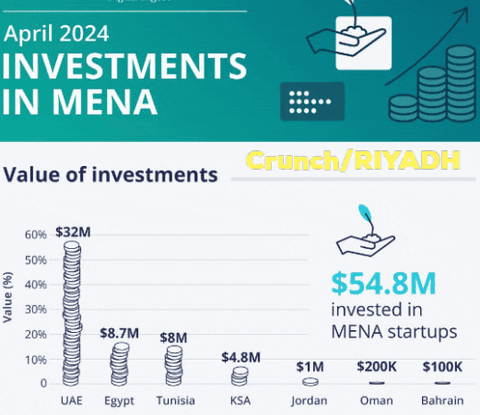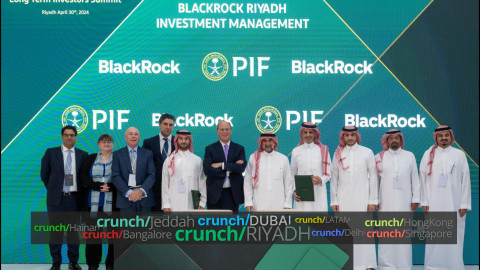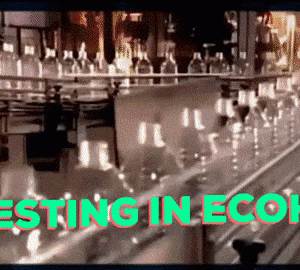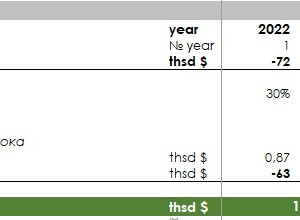World where innovation
In a world where innovation and entrepreneurship drive economic growth, the Middle East and North Africa (MENA) region has emerged as a hotbed for startups. However, the ecosystem faced a significant setback in April 2024, with startup funding plummeting by a staggering 78% compared to the previous month. Despite this sharp decline, the resilience and potential of the region’s startups cannot be overlooked. In this article, we will delve into the factors contributing to this downturn, explore the sectors that managed to secure funding, and discuss the opportunities that lie ahead for MENA startups.
The Numbers: A Closer Look
In April 2024, only 19 startups in the MENA region managed to raise a total of $55 million, a mere shadow of the $254 million raised in March. While this represents a 78% decrease month-on-month, it is important to note that it still marks an 87% increase compared to the same period last year. The cautious approach adopted by venture capital (VC) companies in the wake of the first-quarter downturn has undoubtedly contributed to this decline.
Top Fundings and Sectors
Despite the overall decline, a few startups managed to secure significant funding rounds. Fortis, a UAE-based fintech, led the pack with a $20 million Series A round, followed by WEE’s $10 million pre-Series A and Tunisia’s Qodek, which secured $8 million in Series B funding. Fintech emerged as the most funded sector, with four firms raising a total of $25.7 million, while e-commerce and artificial intelligence (AI) also attracted notable investments.
Geographical Shifts and Investment Stages

One striking trend observed in April was the decrease in investment in Saudi Arabia, with only three Saudi startups receiving a combined $4.8 million. In contrast, UAE-based businesses secured $32 million across six deals, while Egyptian startups received $8.7 million over five deals. Later-stage startups dominated the funding landscape, with Fortis’s $20 million Series A round leading the charge.
The B2B Advantage and Gender Disparity

Investors’ appetite for business-to-business (B2B) models remained strong, with $42.5 million raised across 12 transactions. However, the funding disparity between male and female founders was glaringly evident, with only one female-founded firm securing a mere $100,000, while male founders received $43 million.
Ecosystem Movements and Opportunities

Amidst the challenges, the MENA ecosystem witnessed some promising developments. The Egyptian and Saudi ecosystems came together under the VMS Bridge program, providing Egyptian companies with opportunities to explore and expand into the Saudi market. Moreover, several venture capital firms launched new funds, signaling continued interest in the region’s potential.
The acquisition of NSEIT by Bahrain-based Investcorp and Microsoft’s $1.5 billion investment in G42 for advanced AI solutions highlight the growing interest of global players in the MENA ecosystem. These developments serve as a reminder that even in times of funding slowdowns, opportunities for growth and collaboration exist.
While the 78% drop in startup funding in April 2024 may seem daunting, it is crucial to view this as a temporary setback rather than a permanent hindrance. The MENA region’s entrepreneurial spirit, innovative mindset, and untapped potential remain intact. As startups navigate these challenging times, it is essential to focus on building resilient business models, fostering collaborations, and leveraging the support of the ecosystem.
To all the aspiring entrepreneurs and existing startups in the MENA region, now is the time to adapt, innovate, and seize the opportunities that lie ahead. Embrace the challenges as a chance to refine your strategies, explore new markets, and forge meaningful partnerships. The road ahead may be bumpy, but with determination and a clear vision, the MENA startup ecosystem will undoubtedly bounce back stronger than ever.
May 14, 2024
















The future of startups in MENA depends on their ability to adapt to this new reality. By making strategic adjustments, promoting innovation, and collaborating with investors, the region can overcome this period of uncertainty and become a hub for sustainable and sustainable entrepreneurial enterprises.